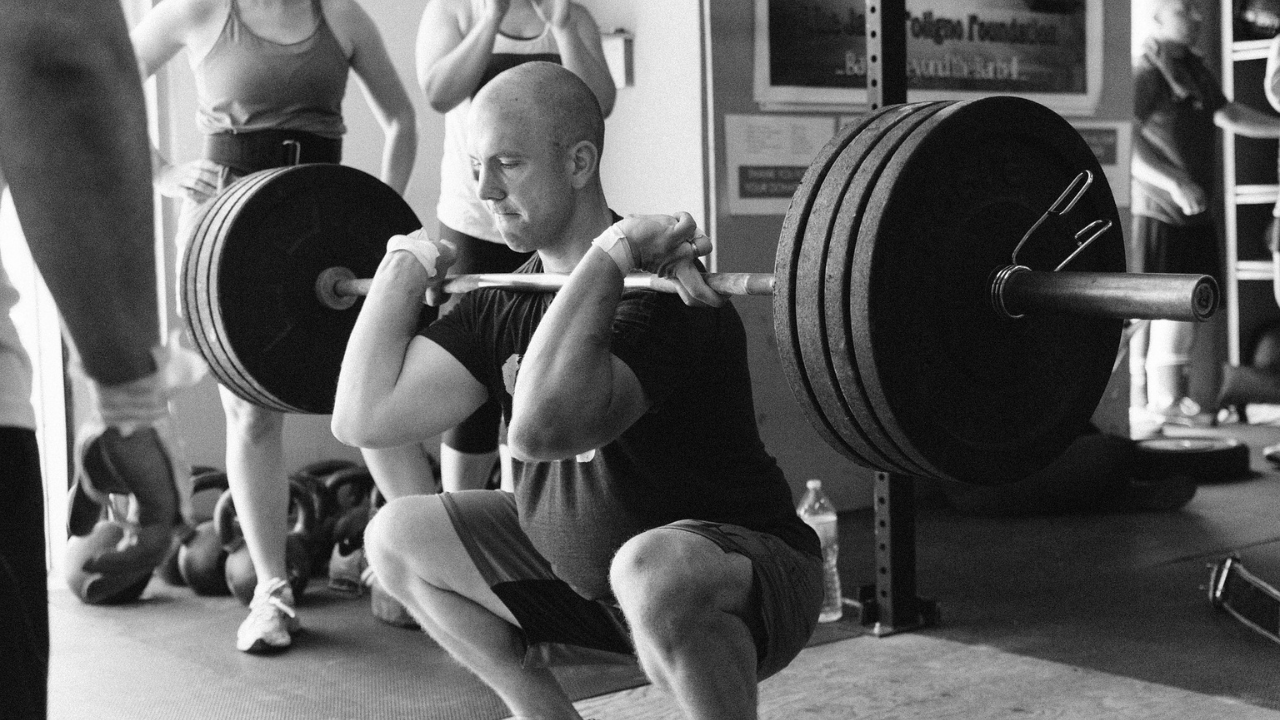

Troubleshooting Your Squat
There can be many reasons why you’re not feeling satisified with your squat including issues with range of motion, pushing up from the “hole” (the lowest point of your squat), wrist or neck pain, and ankle and knee stability. If you’re feeling stuck doing the same kind of squat, it can help to switch things up. Try a different bar position, different footwear, a different type of squat, or a different weight to see if it helps resolve your problems.

Making Linear Periodization Work For Non-Beginners
Linear Periodization is a method of training that involves increasing weight, reps, or sets to exercises in a consistent manner. It is generally easy to under and simple to use, which is why it is often appealing for people new to lifting. Many experienced lifters may dismiss linear periodization because it is associated with beginners and because it is a generally slow and unglamorous method especially as people approach their peaks.

Troubleshooting Your Bench Press
The bench press is a very popular lift for building strength and size. It’s often viewed as being simple, but there are complexities to the lift that can lead to mistakes. The main areas of focus are range of motion, bar touchdown, bar path, grip positioning, stance set up, and bar speed. If you are having problems progressing in your bench press, it would be best to add in accessory work (in additional to doing your bench press) depending on which area the weakness is showing up.

The Colorado Experiment
The Colorado Experiment was not conducted in a truly scientific way, but was more of a marketing push very similiar to today’s common “get ripped quick with little effort” schemes. The results published results were astonishingly, impossibly good in terms of muscle building and body composition, but there isn’t a way to prove if the parameters of the experiment were truly followed and people have never been able to replicate the results since.

When The Leg Press Will Increase Your Squat, And When It Won’t
Training more muscle specific exercises (ex: leg press for the quads to help improve the squat) can have crossover effects with other lifts, but the more they have in common with the lift, the more effective they will be.
